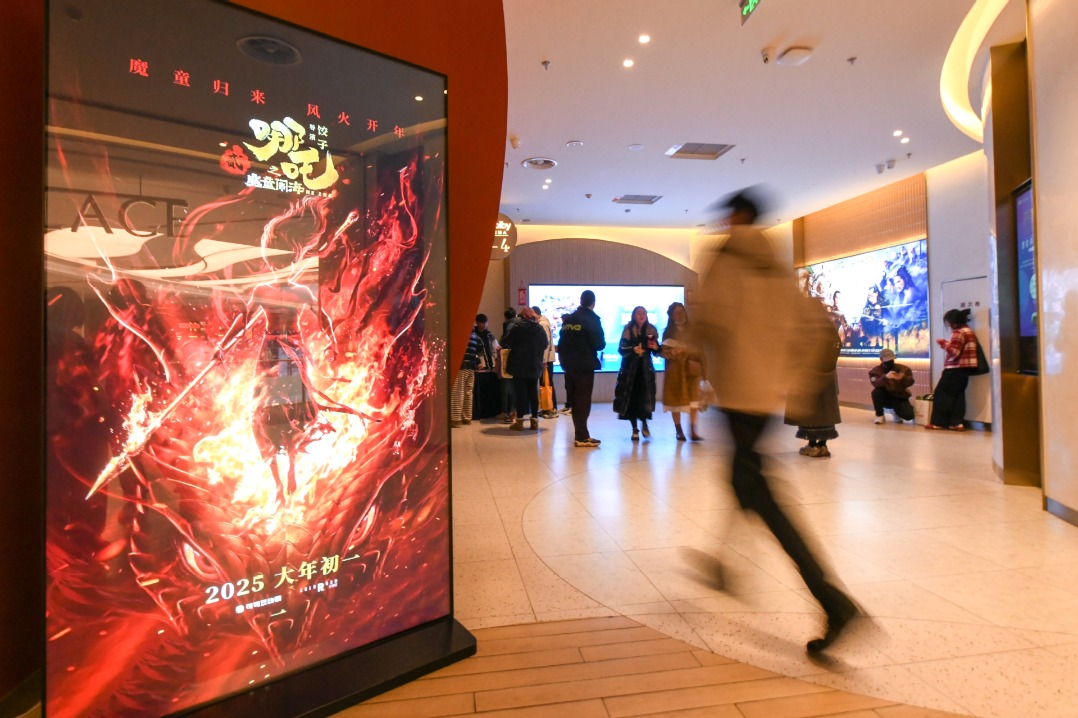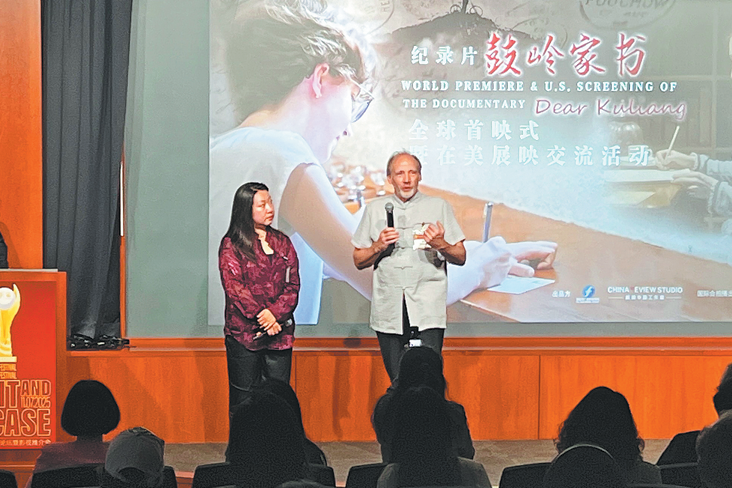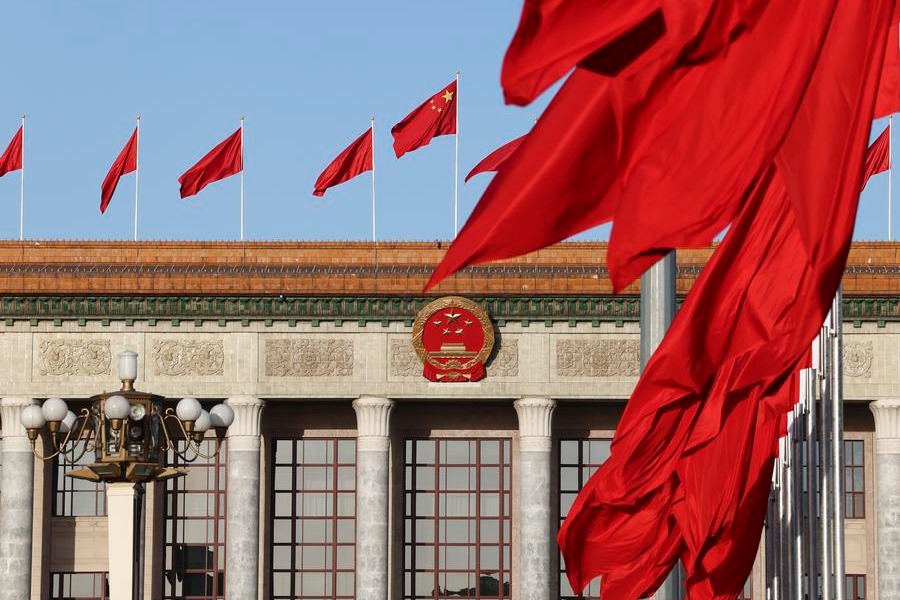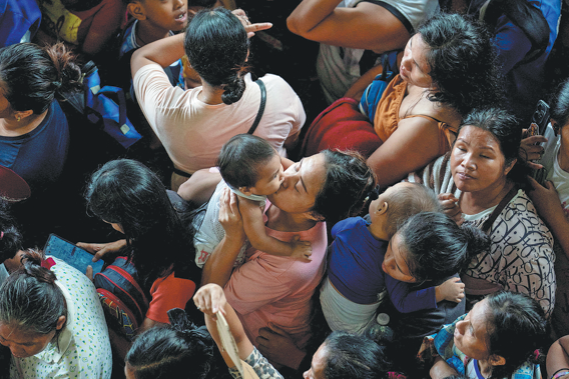US speeds up testing for coronavirus

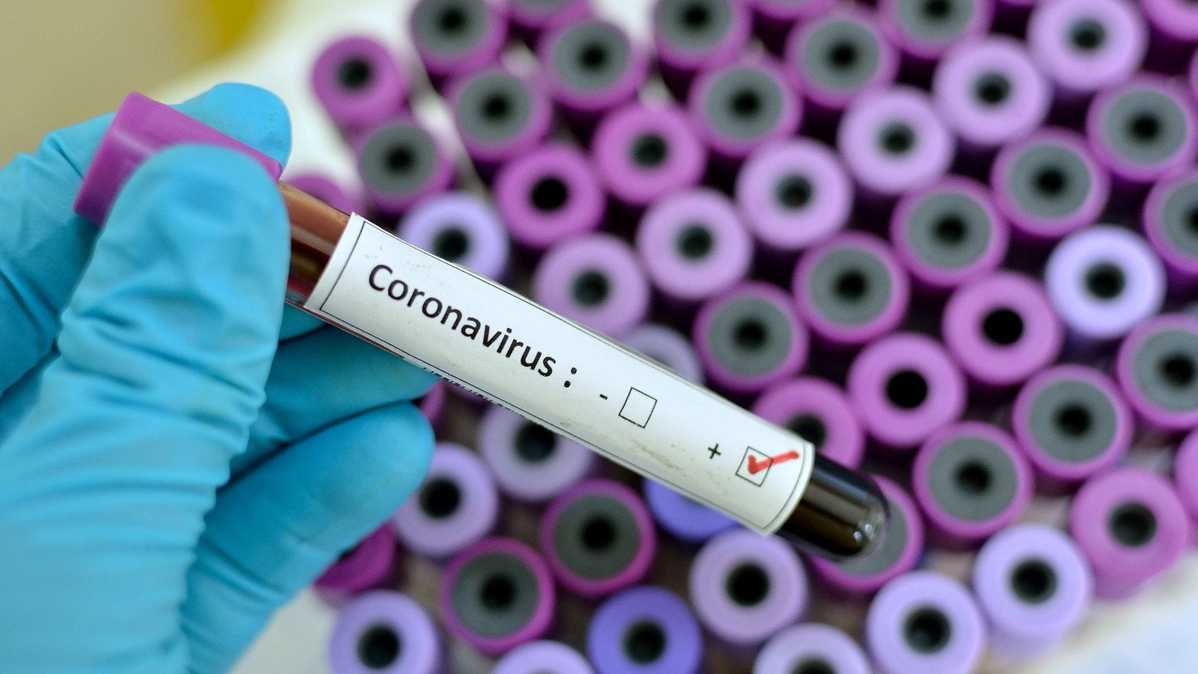
The Trump administration moved on Friday to speed up coronavirus screening in the United States as more than 1,600 cases of the disease were being treated, including at least one patient in nearly every state and the District of Columbia.
The Food and Drug Administration said that a 24-hour emergency hotline would be created to help private sector and academic labs authorize new tests and process the ones deployed.
The unit within the Department of Health and Human Services that does biomedical research will award over a million dollars to two companies to speed up the development of the tests, the department announced Friday morning.
Meanwhile, House Speaker Nancy Pelosi told reporters that "we've resolved most of our differences" on legislation to counter the impact of the virus and that the House would vote on Friday on the measure, "one way or another''. It would then go to the Senate, which called off a recess that had been scheduled for next week.
The legislation, Democratic aides said, will include enhanced unemployment benefits, free virus testing and aid for food assistance programs. The package also ensures 14 days of paid sick leave, as well as tax credits to help small- and medium-size businesses fulfill that mandate. Language was still being drafted for provisions related to family and medical leave, according to a Democratic aide, as aides worked through the night to prepare the bill.
All public schools, and many if not all private schools, in Oregon, Ohio, Michigan, Maryland, Kentucky and New Mexico were told to close beginning next week, and the governor of Washington State ordered all schools shut in three counties near Seattle. The Houston Independent School District, the largest school district in Texas, also said it was closing for two weeks.
The closings could have a severe effect on parents who will need to find childcare, and on the many students who depend on the schools for free lunches.
Some of the largest school districts in the country have remained open amid the coronavirus threat. Officials in New York, home to the nation's largest school district, have said they will not close schools.
New York City Mayor Bill de Blasio on Thursday declared a state of emergency for the city, which will empower him to take expedited measures to control the outbreak; he could, for example, implement a curfew, limit traffic to emergency vehicles or suspend certain laws.
He said that New Yorkers should prepare themselves for restrictions that could last as long as six months. Cases in New York State grew to 325, with 95 cases in New York City. Mr. de Blasio suggested that there would be 1,000 positive cases by next week as testing increased.
In Italy, daily life has ground to a halt. More than 1,000 people have died there.
Singapore on Friday expanded travel restrictions to parts of Europe, barring anyone with recent travel history to France, Germany and Spain from entering or transiting through the country. Travel restrictions against countries like China, South Korea, Italy and Iran are already in place.
Even the most popular route to Mount Everest is shutting down as Nepal seeks to check the spread of the pandemic.
















